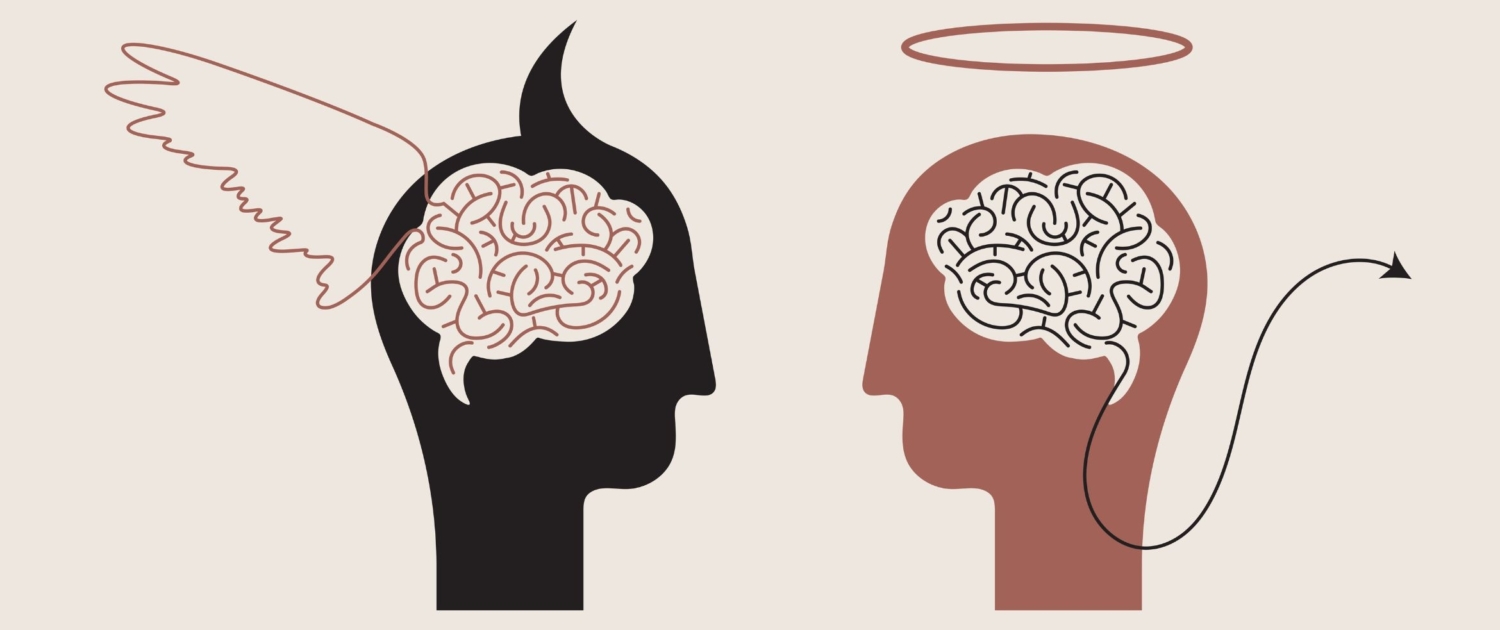How Does Hate Lead to Harm? Exploration of the Role of Mentalization and Morality
Abstract
Psychologists and philosophers define hate as a strong negative feeling that motivates the removal or exclusion of the target of hate. Our previous research on dehumanization in hate suggests that this second “harm” stage is influenced by reduced mentalization, which hinders empathy, and moral outrage, and which in turn justifies hostility and attributes less morality to the hated target. In this study, we will expand our previous approach to include 60 neurotypical participants and induce feelings of hate by presenting them with computerized scenarios. Some scenarios involve a fictitious group displaying intentionally hateful behavior; others will not. We will then measure hate using the Triangular Hate Scale and the Hateful Emotional Responses Scale-Adapted. Following this, participants will complete tasks related to mentalization and morality, with specific tasks designated for the hateful and non-hateful groups. Additionally, participants will be divided into groups to assess the impact of 1. Manipulating mentalization through a “humanization” task and 2. Manipulating moral outrage through descriptions of moral behavior. This research aims to clarify the role of mentalization and morality in hate and potentially lead to interventions that can reduce the expression of this behavior.
Field
Neuroscience
Team
Mario Mendez, MD, PhD, Alexander Sheppard
Mario Mendez, MD, Ph.D.
Dr. Mendez is the Director of the Behavioral Neurology Program at UCLA. His research has focused on the behavioral and cognitive aspects of dementias, especially frontotemporal dementia and early-onset Alzheimer’s disease variants such as posterior cortical atrophy. Dr. Mendez has authored or co-authored four books and about 500 publications (including chapters). Specific research interests include the brain basis of morality, sociopathy, empathy, and, more recently, hate.


